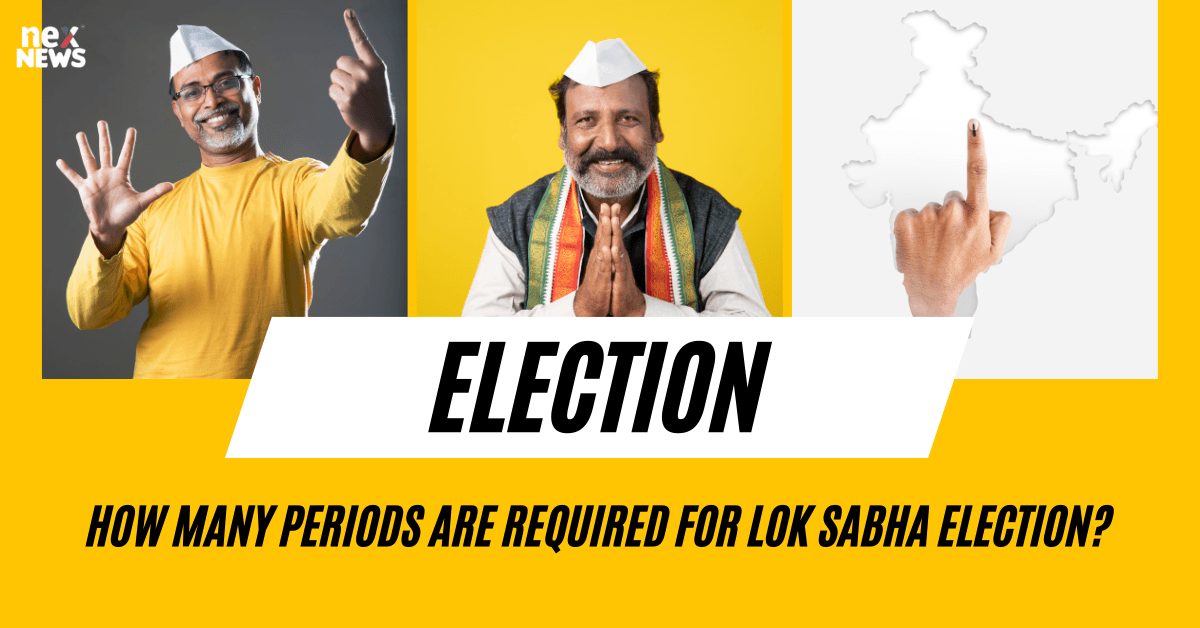Key Stages of Lok Sabha Election Process
The Lok Sabha election process in India consists of several key stages that play a crucial role in the democratic functioning of the country. The process begins with the voter registration and verification process, where eligible citizens are required to enroll themselves to exercise their right to vote. This step is essential in ensuring that the electoral rolls are updated and accurate for the upcoming elections.
Once the voter registration and verification process is complete, the next stage involves the nomination filing period for candidates. During this time, individuals interested in contesting for a seat in the Lok Sabha submit their nomination papers to the Election Commission. This stage marks the formal beginning of the electoral contest, as candidates declare their intentions to represent their constituents and outline their vision and agenda for the electorate.
Voter Registration and Verification Process
Voter registration is a crucial step in the democratic process, ensuring that eligible citizens have the opportunity to exercise their right to vote. Citizens are required to submit their details such as name, age, address, and identification proof to the Election Commission for verification. This process is essential to prevent voter fraud and ensure the integrity of the electoral system.
Once the voter registration details are submitted, the Election Commission conducts a thorough verification process to confirm the eligibility of the voter. This verification includes cross-checking the details provided by the voter with government databases to ensure accuracy. Only after successful verification will the voter be eligible to participate in the upcoming Lok Sabha elections.
Nomination Filing Period for Candidates
During the nomination filing period, aspiring candidates are required to submit their nomination papers along with the necessary documents to the Returning Officer of their respective constituencies. This process is crucial as it officially marks the beginning of a candidate's journey in the Lok Sabha election and allows them to be considered for the upcoming electoral contest.
Candidates must ensure that all the paperwork, including the affidavits and declarations, is in order and that they meet the eligibility criteria set out by the Election Commission of India. Any discrepancy in the nomination papers can lead to disqualification, making it imperative for candidates to pay attention to every detail during the filing period.
Scrutiny of Nomination Papers
During the scrutiny of nomination papers, thorough examination of all submitted documents takes place. This crucial process ensures that candidates meet the eligibility criteria set by the Election Commission of India. Any discrepancies or missing information in the nomination papers can lead to disqualification.
The scrutiny process typically involves checking for valid signatures, adherence to electoral laws, and accuracy of information provided. It is essential for maintaining the integrity of the election process and upholding democratic principles. Additionally, objections raised by other candidates or citizens regarding the eligibility of a candidate are also considered during this phase, adding another layer of transparency to the electoral process.
Withdrawal of Candidature
Upon the closure of the scrutiny of nomination papers, candidates who have filed their nominations for the Lok Sabha elections are given a brief window of time to withdraw their candidature if they so wish. This period, also known as the withdrawal of candidature stage, allows individuals to reconsider their decision to contest in the election and opt out if necessary.
The withdrawal of candidature process is crucial as it enables candidates to gracefully exit the electoral race without needing to further commit resources or energy into campaigning. By allowing candidates to withdraw, the electoral process maintains a level of flexibility and ensures that only those individuals who are fully prepared and willing to serve in office continue to pursue their candidacy.

POST A COMMENT (0)
All Comments (0)
Replies (0)